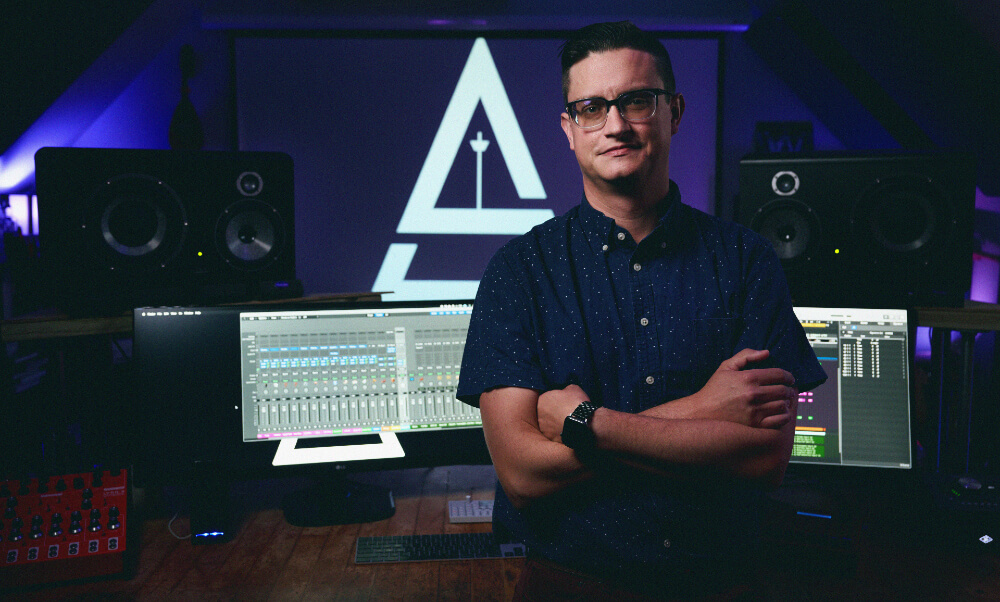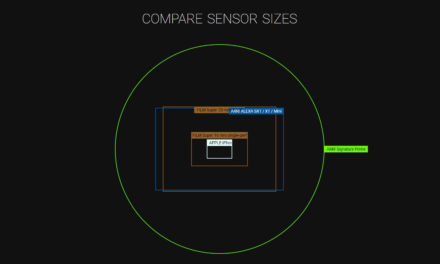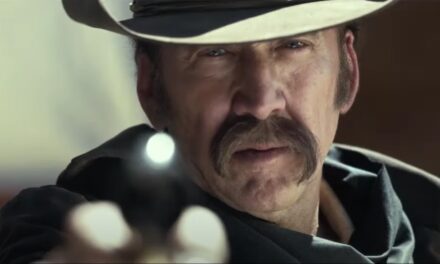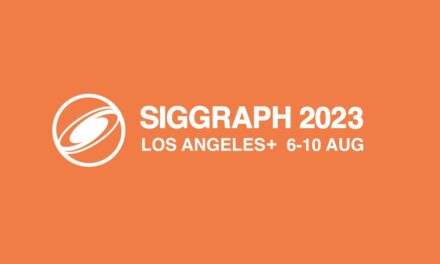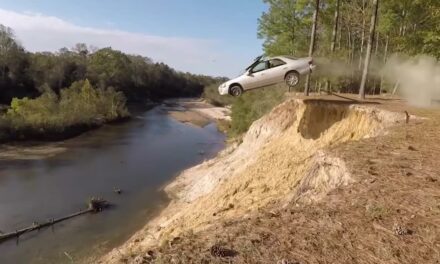Flowing beneath the action and drama of your favorite movies is the bubbling undercurrent of an orchestral crescendo at just the right moment. It is the notes swelling as Andy Dufresne stands in the rain in The Shawshank Redemption. It is the sweeping arrangement as Sam Neill and Laura Dern see Brachiosaurus for the first time in Jurassic Park.
It’s not overly dramatic to say: Your most longstanding film memories exist because that movie or that one scene that you connected with – was accompanied by just the right score that made everything feel like magic.
Andrew Morgan Smith is one of those creators fusing music with narrative to evoke a specific emotion. He is a multi-faceted musician, a composer with almost 100 film credits, and one might say most importantly – a contributor to the world that once inspired him.
He gave us his time to talk about his path to scoring movies and the nuances behind the ideas, performances, and convergence of sounds that are melded together to create a complete film score.
You are a classically trained musician who studied at the University of Louisiana at Lafayette and proficient in a multitude of instruments. At what point did you recognize you wanted to score films, or what was the initial opportunity that gave you a path into composing in the film industry?
“Yes, that’s correct, I started music at a pretty young age. I started piano lessons in first grade. Picked up a few other instruments along the way, but my interest in film music as a career didn’t start till I was in high school. I saw Pirates of the Caribbean in theaters and for whatever reason, it really clicked for me. Until that point, I had loved scores, but they weren’t of interest to me as a job. From that point forward, I really put everything I had towards becoming a film composer.
My first real commercial break was a TV movie called Swamp Shark. I was living in Lafayette, Louisiana wrapping up college. There was a local company that made Syfy channel movies and I decided to drop off my demo CD. I went in and only a PA was in that office. I handed him the disc, said thanks, and left. I assumed I’d never hear from them again.
Later that week I got a call that the director of Swamp Shark had randomly picked up my CD off a desk with some other stuff. He saw it in his car, put it in his CD player, and loved it. So he called me to audition for the movie and I got the job.”
You studied film scoring under several composers who were already established with professional credits in the film world. What do you feel was the most valuable influence from your peers in developing your path and individual sound?
“It’s hard to pinpoint THE best influence for your sound. A composer’s sound is the convergence of what you listen to, what you’ve studied, what you’ve written in the past, and what’s getting you hired.
When first starting out, I think writing as much as you can really helps develop your sound. Doing that helps you learn how you like to write. What methods and approaches do you find useful? Often that involves you absorbing other approaches and ideas from other scores and composers. Once you’ve done that enough times, you’ll have started to hone how you do things.
Over time, this has a cumulative effect. You bring your jazz voicings to your classical writing. Your hip-hop sounds find their way into a cool hybrid orchestra score. This all contributes to what you are being hired for, you and your sound.”
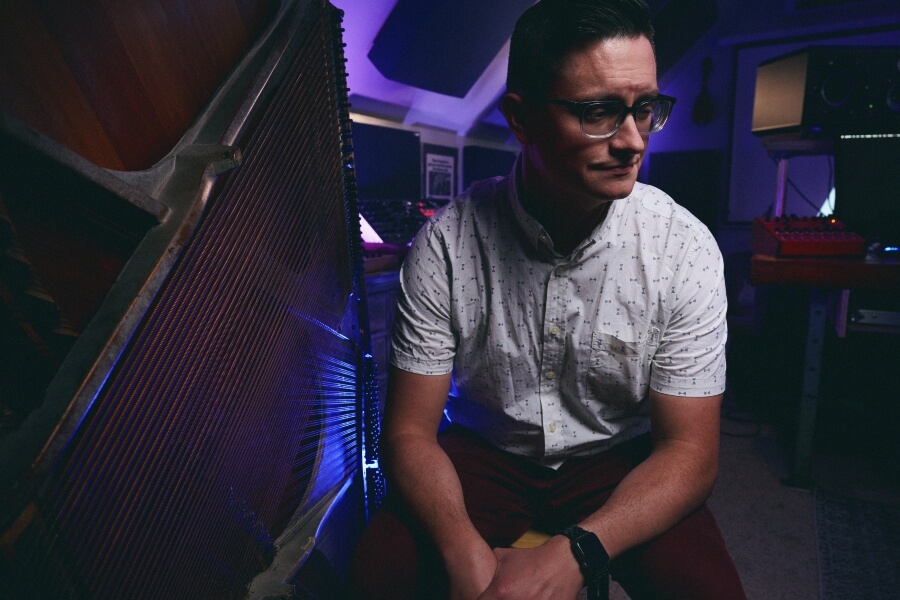
Okay, I think there are a lot of people who listen to a score of a film and think, this sounds great, but what does this look like to create? What is the creative process for you? Are you sitting down in a studio with all the instruments and layering everything yourself, or composing written music and giving it to an orchestra? How does it work?
“There is definitely variation depending on what the budget of the project is, but most start the same way. I like to start by sketching ideas either on piano or guitar. In addition to the unique themes I’m creating, I also look for something that will make this score unique. Whether that’s an instrument or sonic idea.
Once I’m writing, it’s me in the studio using Logic and samples to create a digital version of the orchestra. We’ll record soloists at this stage as well.
Sometimes this is as far as the score production goes depending on budget and timeline. If there is a budget crunch or a fast turnaround, the digital version, or mock-up, may end up being the final product.
If we aren’t constrained by those things, then I turn my project over to an orchestrator. Their job prepares all the scores and parts for an orchestra to actually perform and record it.”
You’ve scored several summertime shark movies like Ozark Sharks that have a rambunctious, action-driven tone. Your piece titled “The Sharks” has tribal Jumanji vibes and a driving Indiana Jones sense of adventure. What do you draw from creatively when you have to conjure music for a scene that is say, mischievous and whimsical versus a scene that carries an ominous sense of impending doom?
“A ton of things can influence what ideas, sounds, and tones a composer might write. The first thing on my mind is fulfilling the vision of the movie. If there is an overarching idea we need to get across, that will definitely come into play. There are the obvious music conventions. For example, high plucky notes and certain chordal motions can invoke certain emotions. Outside of pure convention, coloring, lighting, actors’ performances, and even pacing can affect what I’m writing.
Other times it might be effective to play against the convention. A villain or horrific action playing against traditionally beautiful music creates a unique vibe.”
You’ve worked on dozens of scores. Even as an experienced composer, are there any films you’ve worked on that felt especially challenging, or like you needed to reach into an untapped well to create a worthy accompaniment?
“There are definitely challenges in executing a score. There is always a bit of fear of the blank page. A tremendous amount rides on the score hitting the right way. You don’t always notice a good score, but you definitely notice a bad one. Most writing happens from an instinctive place so it does sometimes feel like you’ve tapped into this other part of your brain. Once it’s done, it feels like it came from somewhere else. This can be especially true if you’re writing a lot.
In some ways, when a movie is really well crafted, it takes the weight off the composer a bit. If the actor gave an amazing performance, then there is less work to be done for the audience to buy into that emotion. On the other hand, if an actor gives a poor performance or the footage doesn’t quite cut together, then there is more heavy lifting that the score must do to help the audience buy into those moments.”
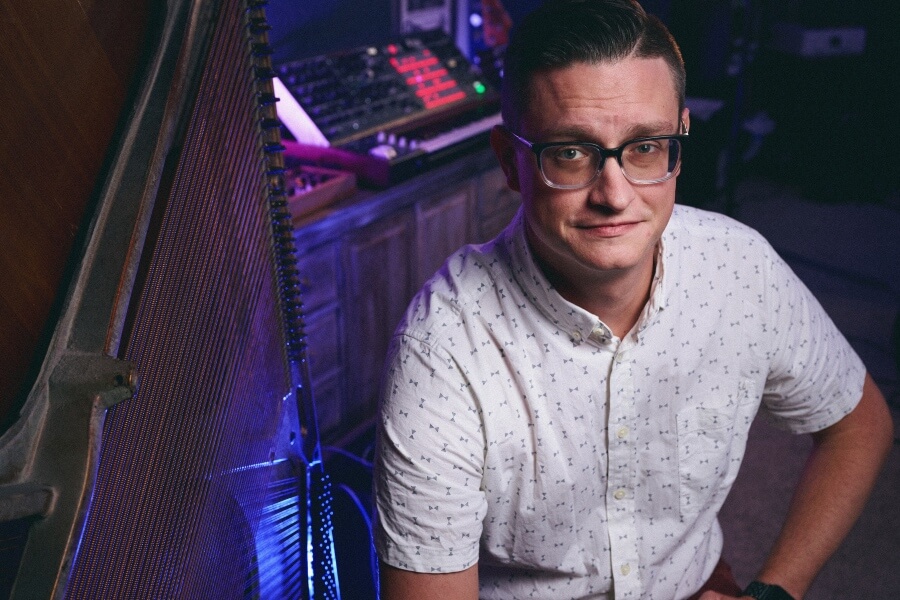
There are certain scenes where the score was absolutely paramount for cementing that moment into memory. I think of the Lost Boys giving Robin Williams the sword in Hook (You are the Pan). I think of Gandalf fighting the balrog and falling into the abyss (The Bridge of Khazad-dum). Are there any movies that you grew up with or watched as a growing composer where you thought, “This is so impactful to me. I want to achieve scores of this magnitude that feel this memorable and cinematic”?
“There is a magic and power to the marriage of music and visuals that is hard to beat. I grew up watching Star Wars, Jurassic Park, and Star Trek. All of which had tremendously inspiring musical moments. I remember having my first cassette tape of the Boston Pops’ performance of film scores.
Now that desire has morphed into wanting to experience the convergence of film, music, and talent. Being able to have 60+ musicians giving their all into this one emotional moment in an amazing movie is what I’m searching for.”
You’ve utilized a lot of what I would think of as exotic instruments in some of your pieces. You have wind flutes in some of the action-adventure scenes. There’s a live orchestral piece (The Ambush) with a banjo. How do you decide when you want to dip into a realm of specific instruments, and what is it like finding the right musicians to play those instruments for you?
“I was once told that for every score Jerry Goldsmith did he’d search for something to give it a unique identity. Since hearing that I’ve really tried to do that in my scores. Sometimes that’s in the form of instruments that speak to the story, style, and other times it’s in a concept. This allows me to feel like there is a freshness to every score.
Finding the right musicians can be tricky. You need to find someone who you creatively click with and trust. Not only do they need to be a competent musician, they also need to be quick and flexible. In the creative process, we often make changes and have to adjust. Sometimes picture changes or shifts and that means we have to adjust. So those qualities are paramount in a music collaboration. I’ve been tremendously fortunate that I’ve built up a few of these musicians that I trust and have collaborated many times with.”
Is there anything you are working on now that you would like to talk about, or a type of film that would be a dream project for you?
“I just wrapped a Nicolas Cage western that I’m excited about. It’s called The Old Way and should release sometime later this year. I also wrote a score for a WWI horror film which releases in early 2023 that I’m excited about.
Currently, I’m co-writing on the Disney animated series, The Owl House which has been a lot of fun and I’m so thankful to be a part of.
It’s a dream of mine to contribute to the series that I grew up with and helped form me. That’d be the Star Wars, Star Trek, Jurassic Parks of the world. To contribute to the things that inspired me to do what I do now.”

